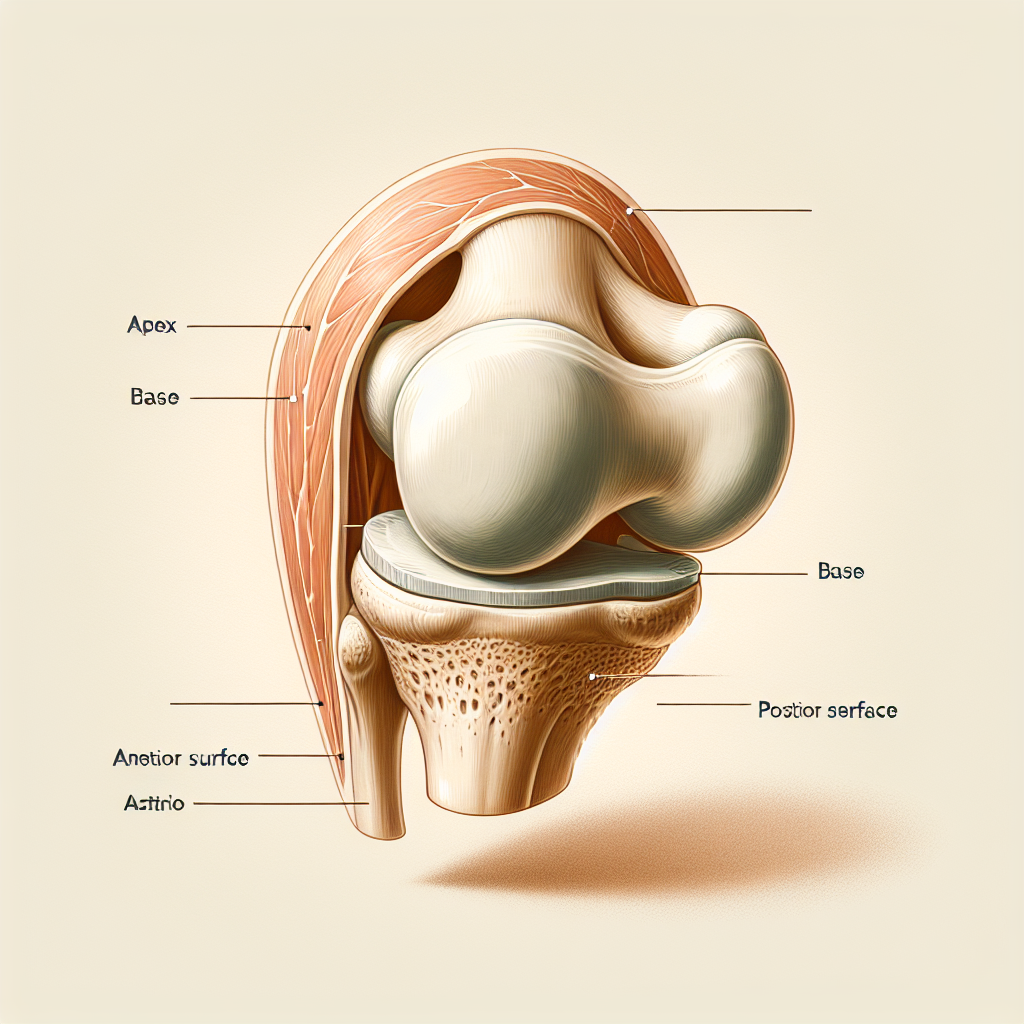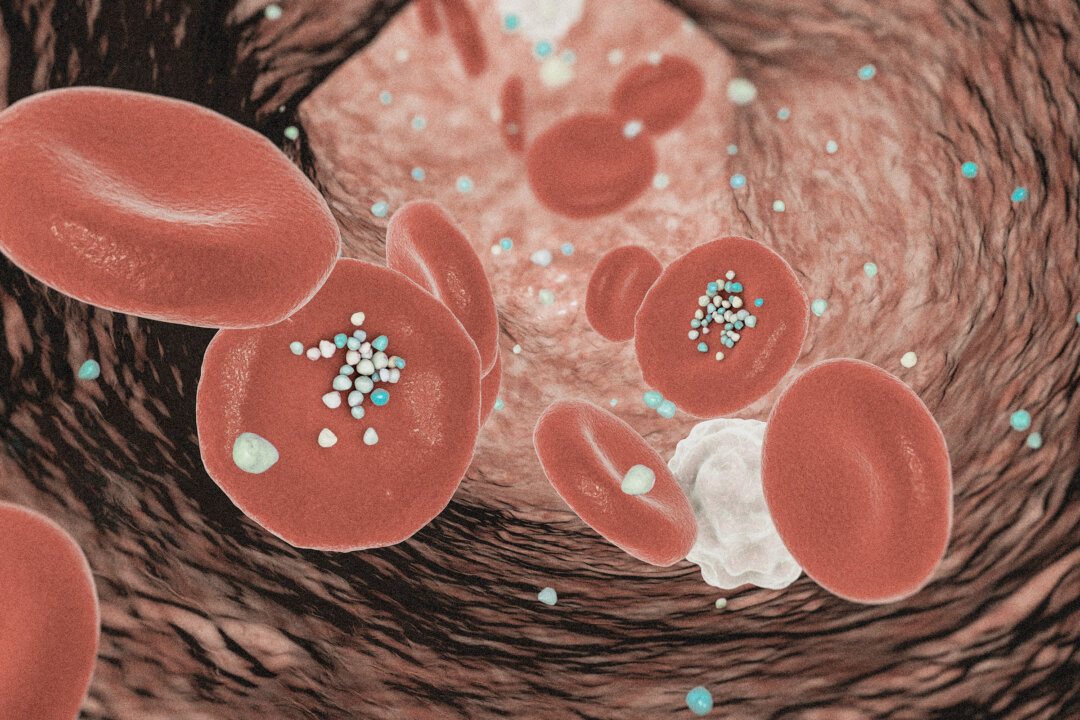From Splenda to Truvia, artificial sweeteners are hundreds of times sweeter than sugar. You’ll find them in yogurts, ice creams, sodas and almost everything tasty in between. But are they healthy? It’s a hard question to answer because scientific research on America’s favorite sweeteners still has a long way to go.
To dieters’ dismay, a new study has suggested that sucralose — a calorie-free sugar substitute — might increase an eater’s appetite. It’s far from the first eyebrow-raising scientific study on artificial sweeteners, so The Atlanta Journal-Constitution spoke with a local registered dietitian to break down the recent findings and to offer some up-to-date guidance. Javascript is required for you to be able to read premium content.

Please enable it in your browser settings..
Health

Dietitian shares bitter truth of artificial sweeteners

From Splenda to Truvia, artificial sweeteners are hundreds of times sweeter than sugar. You’ll find them in yogurts, ice creams, sodas and almost everything tasty in between. But are they healthy? It’s a hard question to answer because scientific research...















